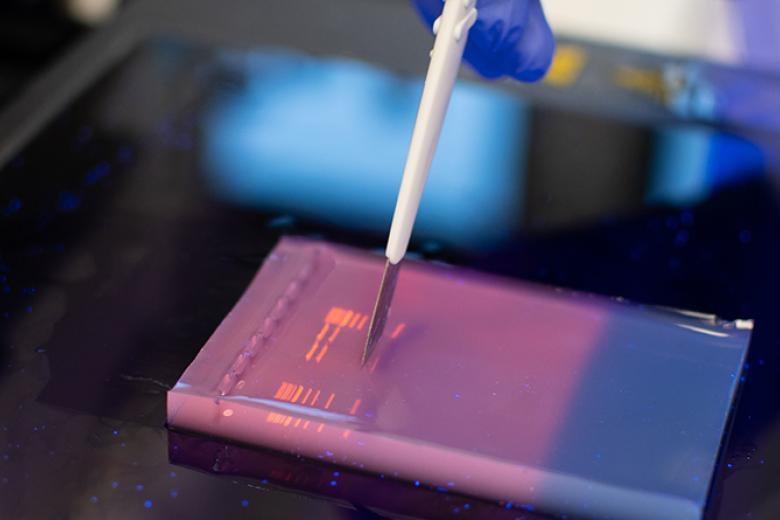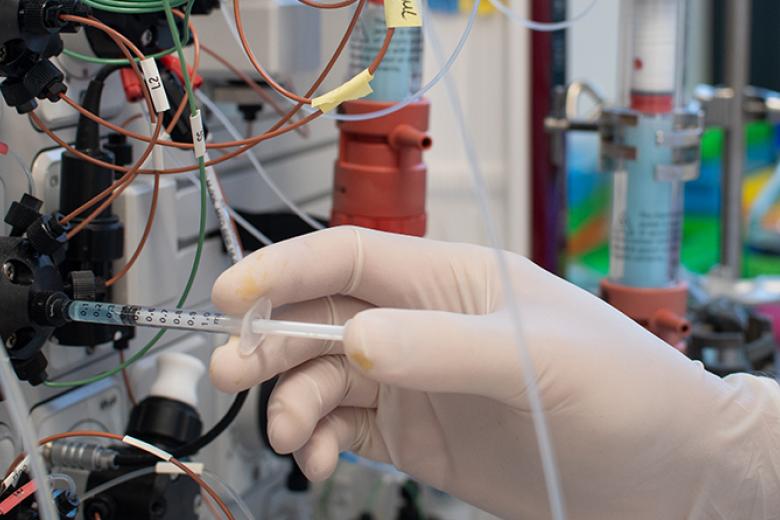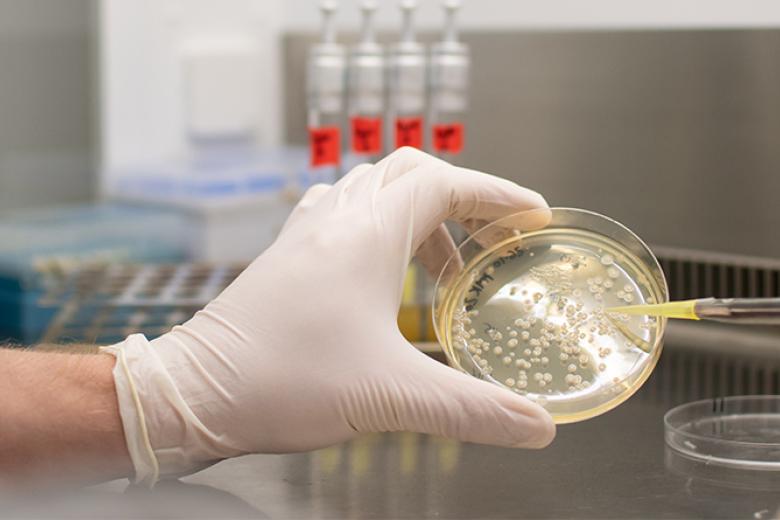Courses & curriculum
The curriculum of the programme has been carefully designed to equip you with the knowledge, understanding and skills to address complex challenges from various disciplinary perspectives.
Programme and structure
The bachelor Circular Engineering offers a full-time programme, which is divided into six semesters and will have a duration of three years. Each semester splits up into 3 periods, following the 7-7-3 week model of Maastricht University. This 7-7-3 model means that period 1 and 2 are seven weeks long and consist of courses and skills training. Period 3 is three weeks long, devoted to a project in which you apply the knowledge and skills gained in the courses and skills trainings. An exam week is included in the 7 or 3 weeks. During this exam week, no other educational activities are scheduled so you can optimally study and prepare for your exams.
Skills trainings and projects are an integral part of the programme. The engineering skills trainings and projects can be laboratory-, engineering-or computer-based.
Concentrations
You finish your bachelor with a thesis on a circularity challenge within a concentration. The concentrations are directly connected to developments at the Brightlands campuses and relevant companies, industry, non-profit organisations in the region. Parts of your education and research will take place at the Brightlands campuses, right in the middle of and often in collaboration with industry.
Circular Chemical Engineering
This concentration develops a deep understanding of how energy and materials flow through chemical systems, and how these systems can be redesigned for efficiency and minimal environmental impact. You will learn to model, analyse, and optimise industrial processes, from molecular-level transformations to full-scale production systems, while gaining practical skills in system design, operational control, and sustainability assessment. With an emphasis on real-world application and circular innovation, this track prepares you to lead change in the chemical industry and beyond.
Sustainable Biotechnology
In this concentration you will explore how cells, genes, enzymes, and microbes can be engineered to produce food, materials, energy, and pharmaceuticals sustainably. You build a strong foundation in molecular and cellular biology, and gain hands-on experience with biotechnological tools, fermentation, and bioprocess design. Emphasis is placed on the development of scalable, low-impact biotechnologies that close resource loops and reduce dependence on fossil-based systems. You will be equipped to innovate across the life sciences, bio-based industries, and environmental biotechnology sectors.
Engineering Physics for Sustainable Manufacturing
This concentration focuses on designing and optimising technologies that make production more efficient, intelligent, and circular. You will build strong foundations in mechanics, materials, and electronics, learning how to sense, measure, and control physical systems with precision. Through applied design and advanced technical skills, you develop the capacity to engineer sustainable products and processes that reduce waste, extend product lifecycles, and enable smarter use of resources. After graduation you are equipped to innovate in areas such as sensor-driven manufacturing and sustainable product development.
Sustainable Mechanical Engineering
This concentration focuses on the physical performance, durability, and redesign of products and processes for reuse, repair, and material recovery. You develop deep expertise in mechanics, structural analysis, and mechanical design, with a strong emphasis on manufacturability and lifecycle thinking. Through applied skills in simulation, materials selection, and system-level design, you will learn to engineer solutions that extend product lifespans and reduce environmental impact.
Choose one of the academic years below to view the courses of previous years.



